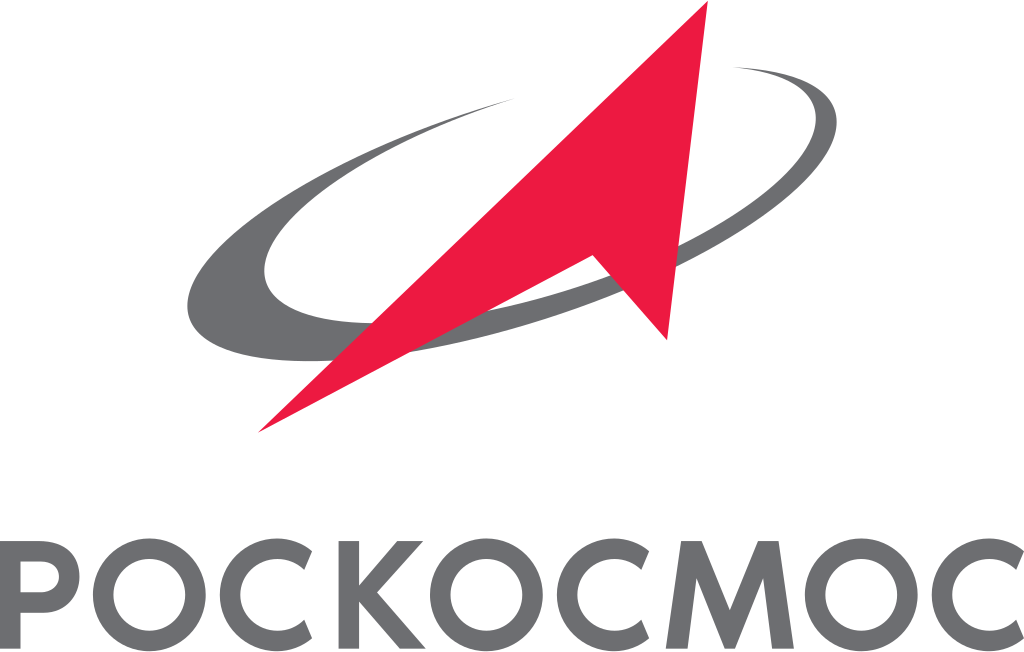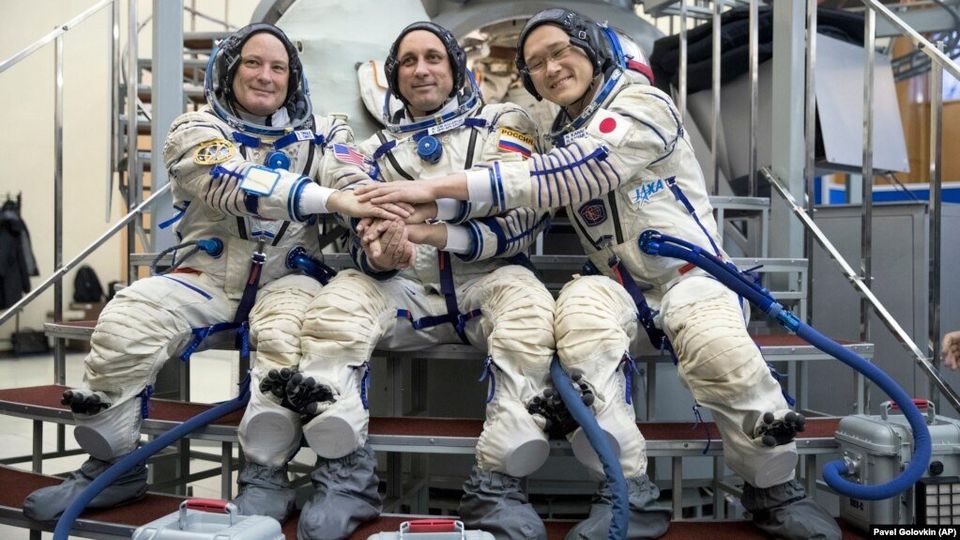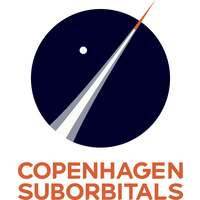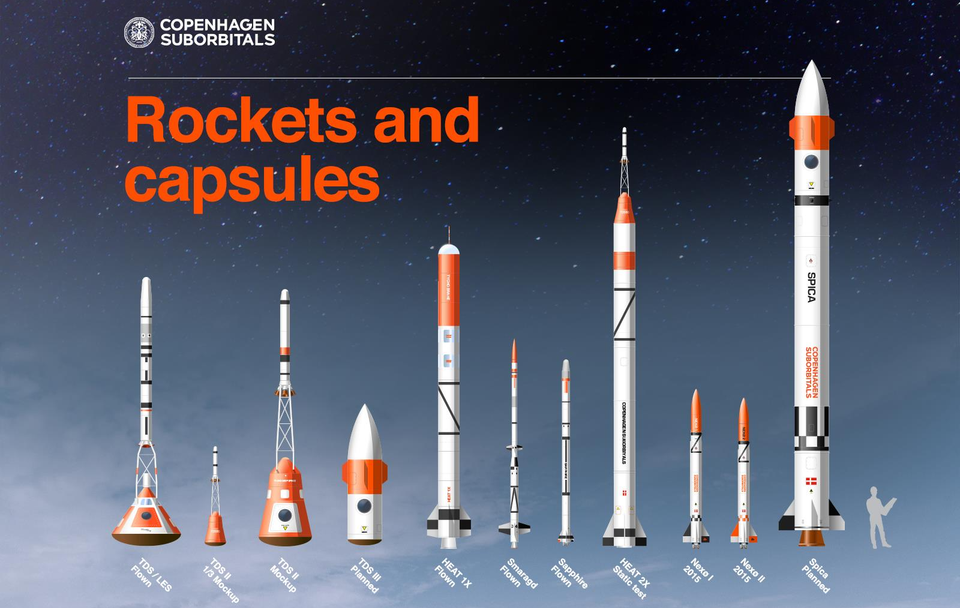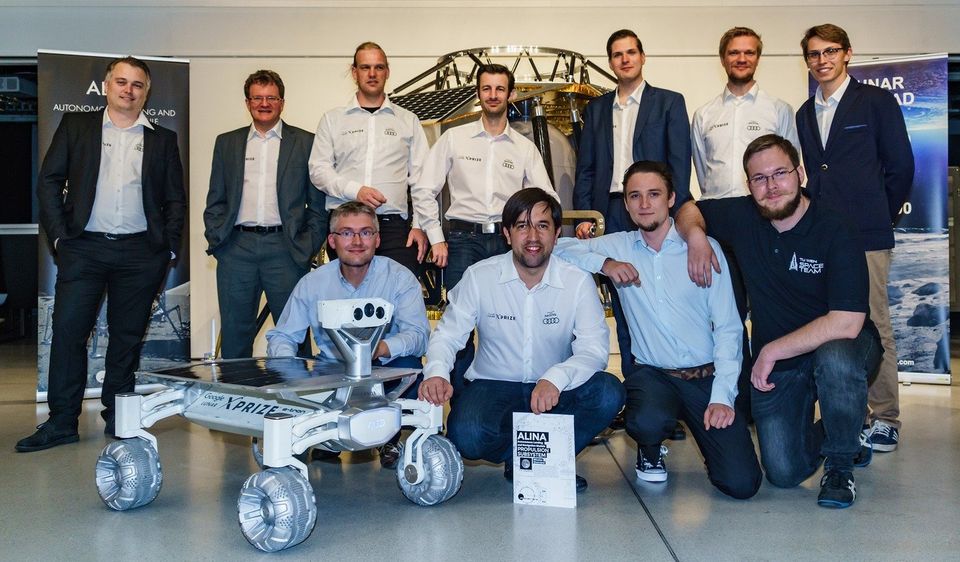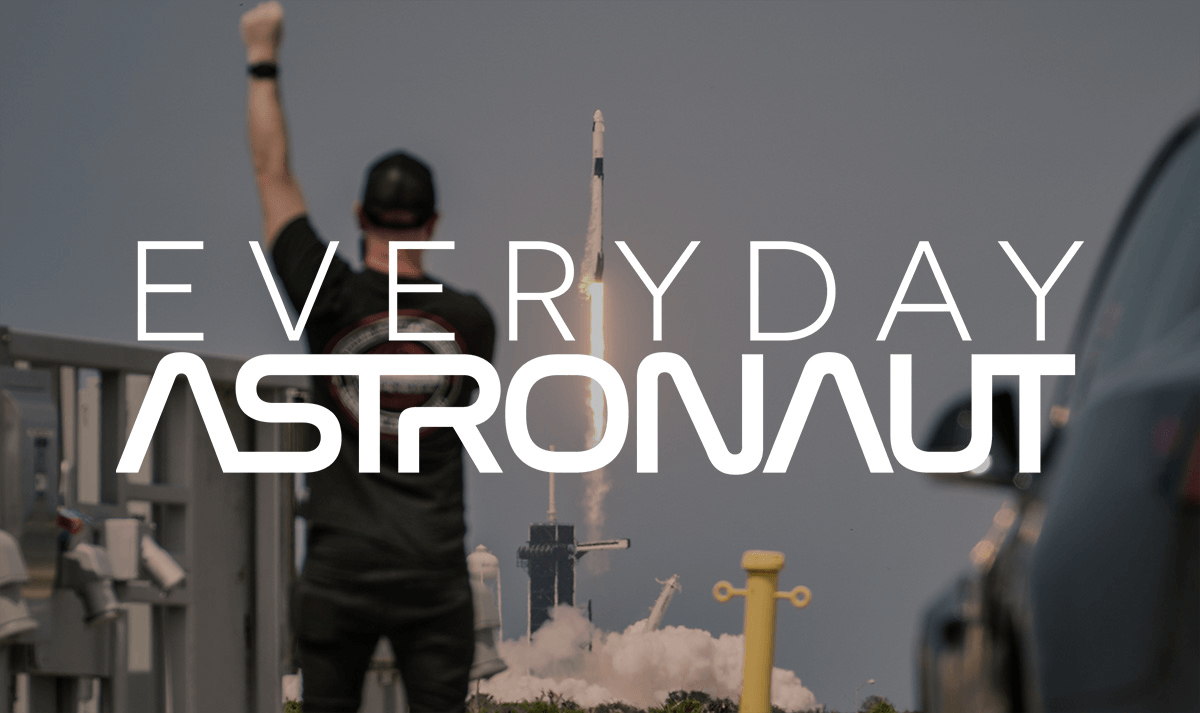The Roscosmos State Corporation for Space Activities, commonly known as ROSCOSMOS, is a state corporation of the Russian Federation responsible for space flights, cosmonautics programs, and aerospace research.
Originating from the Soviet space program founded in the 1950s, Roscosmos emerged following the dissolution of the Soviet Union in 1991. It initially began as the Russian Space Agency, which was established on February 25, 1992 and restructured in 1999 and 2004, as the Russian Aviation and Space Agency and the Federal Space Agency (Roscosmos), respectively. Roscosmos is headquartered in Moscow, with its main Mission Control Center in the nearby city of Korolyov, and the Yuri Gagarin Cosmonaut Training Center located in Star City in Moscow Oblast. Its launch facilities include Baikonur Cosmodrome in Kazakhstan, the world's first and largest spaceport, and the very new Vostochny Cosmodrome, which is being built in the Russian Far East in Amur Oblast. Its director since May 2018 is Dmitry Rogozin. As the main successor to the Soviet space program, Roscosmos' legacy includes the world's first satellite, first human spaceflight, and first space station. Its current activities include the International Space Station, wherein it is a major partner. On February 22, 2019, Roscosmos announced the construction of its new headquarters in Moscow, the National Space Centre.
